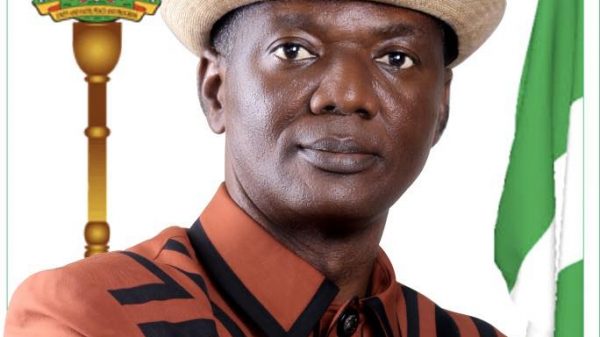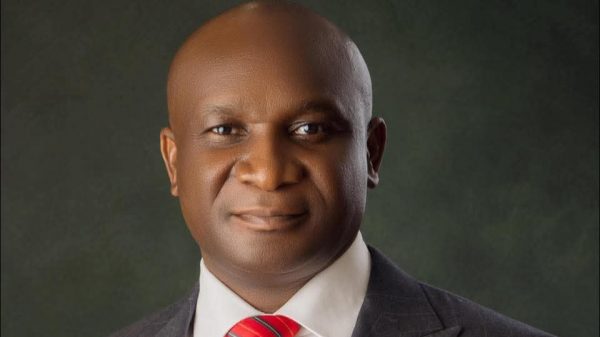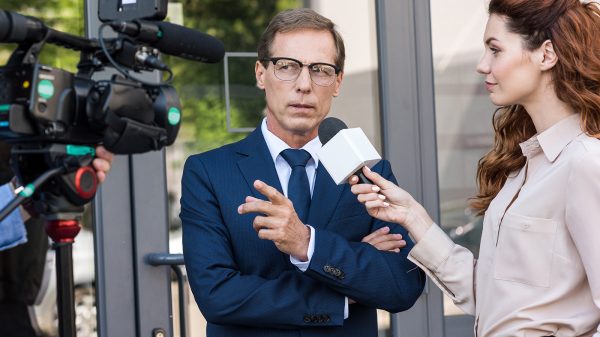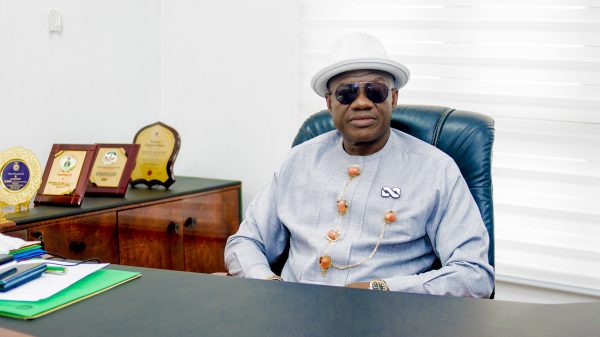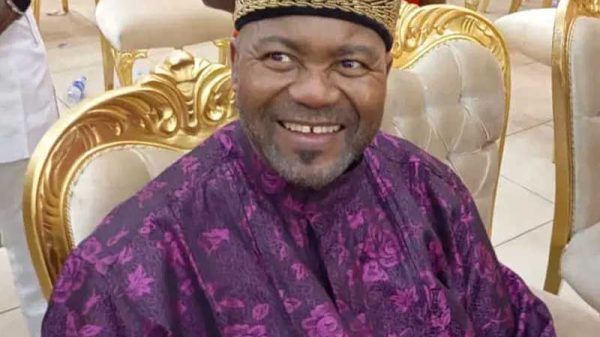
If the NDDC is making visible progress, why then do outfits like Sahara Reporters continue to attack it? Analysts point to a few factors:
1. Political Interests: Some political actors see the NDDC as a tool for influence. Discrediting its leadership is part of a broader power play.
2. Disgruntled Contractors: Those who lost contracts or failed to deliver on inflated projects often sponsor media smear campaigns.
3. Clickbait Journalism: Sensational headlines about “billions wasted” attract attention, regardless of truth.
Mr. Peter Amakiri, a civil society activist, warns:
“The danger is that false reporting can demoralize genuine development efforts. We must separate propaganda from fact, otherwise progress will always be overshadowed by lies.”
The Path Forward
For the Niger Delta, the stakes are too high to allow misinformation to derail progress. The region has endured decades of exploitation and neglect. Today, with visible projects transforming lives, this is no time to be distracted by sensational lies.
The NDDC must remain focused on:
Delivering projects on schedule.
Expanding healthcare and education access.
Strengthening transparency frameworks.
Engaging local communities to build ownership and trust.
Conclusion:
Truth vs. Falsehood
Sahara Reporters has chosen the path of falsehood—publishing unverified allegations, recycling rumors, and undermining progress. But the Niger Delta chooses the path of development.
Dr. Samuel Ogbuku’s 50th birthday will not be remembered for fabricated scandals, but for the bridges, hospitals, and roads that symbolize hope for millions. The Commission’s work speaks louder than Sahara Reporters’ headlines.
As Niger Deltans, we must reject propaganda and embrace progress. Sahara Reporters may continue to operate as a dustbin of falsehood, but the people will judge by the evidence they can see, touch, and use in their daily lives.
And the evidence is clear: the Niger Delta is moving forward.






